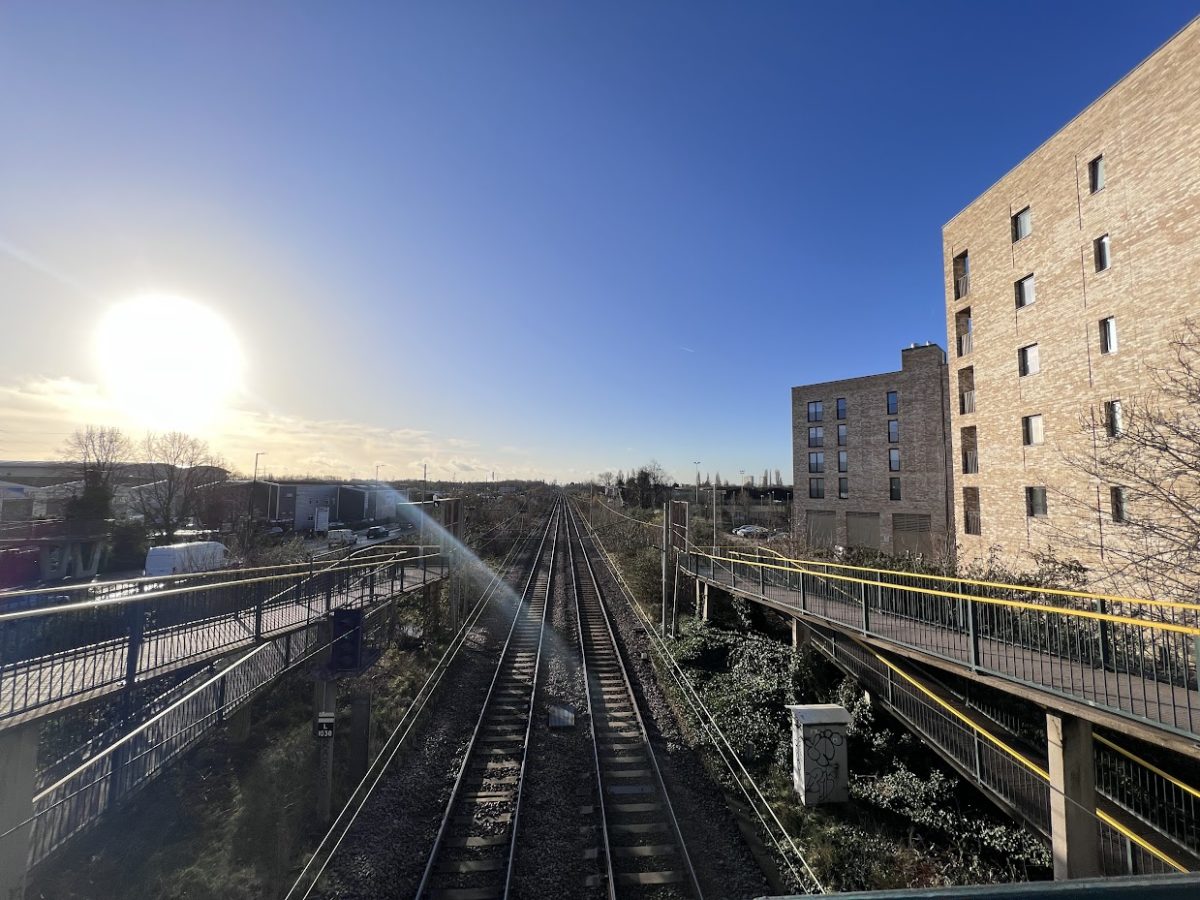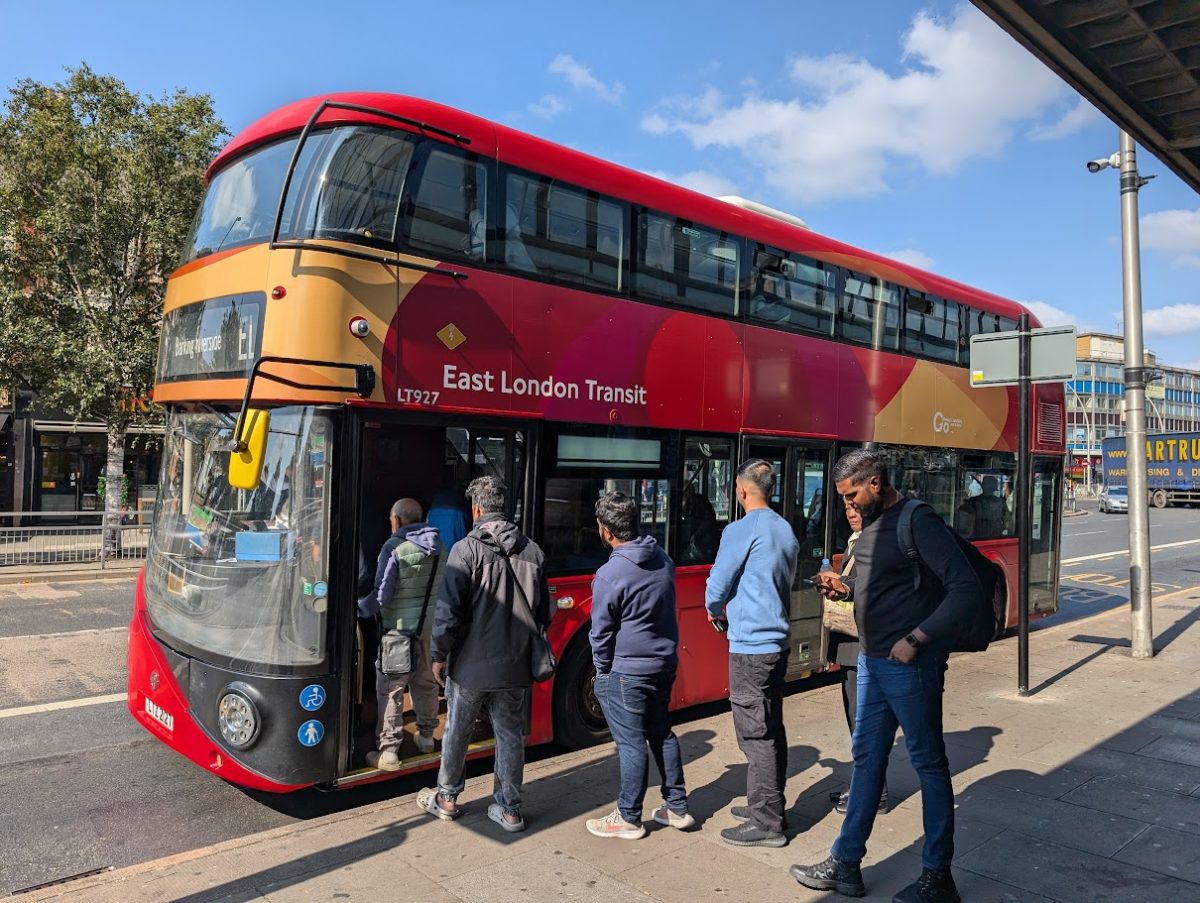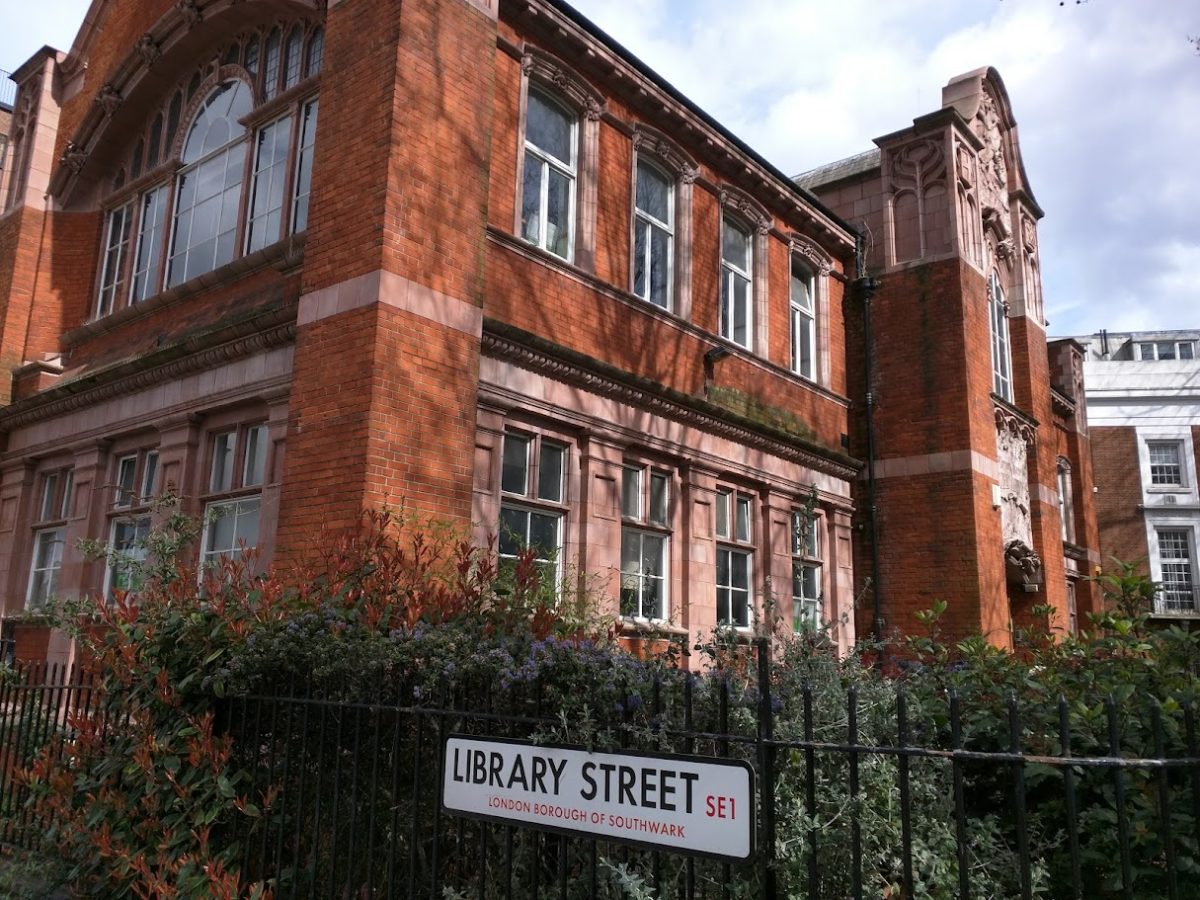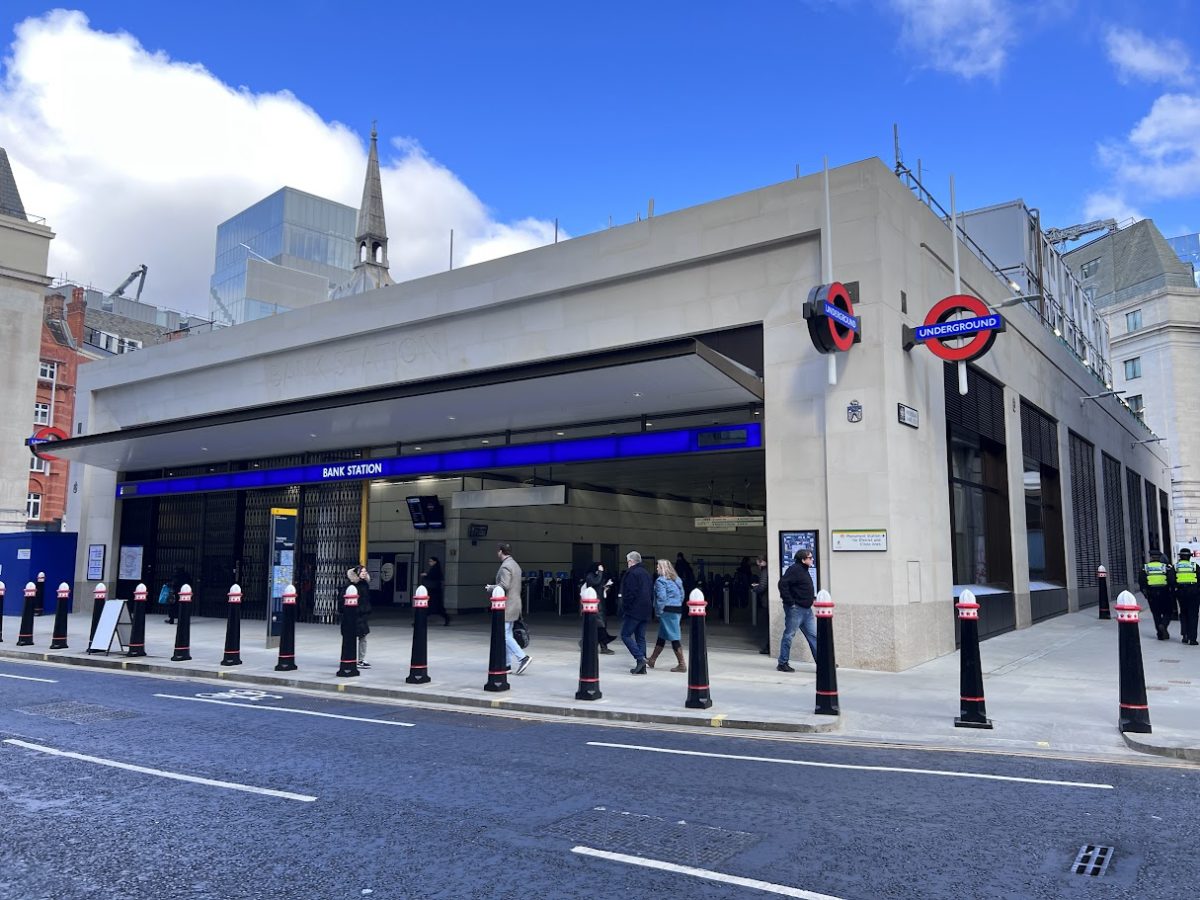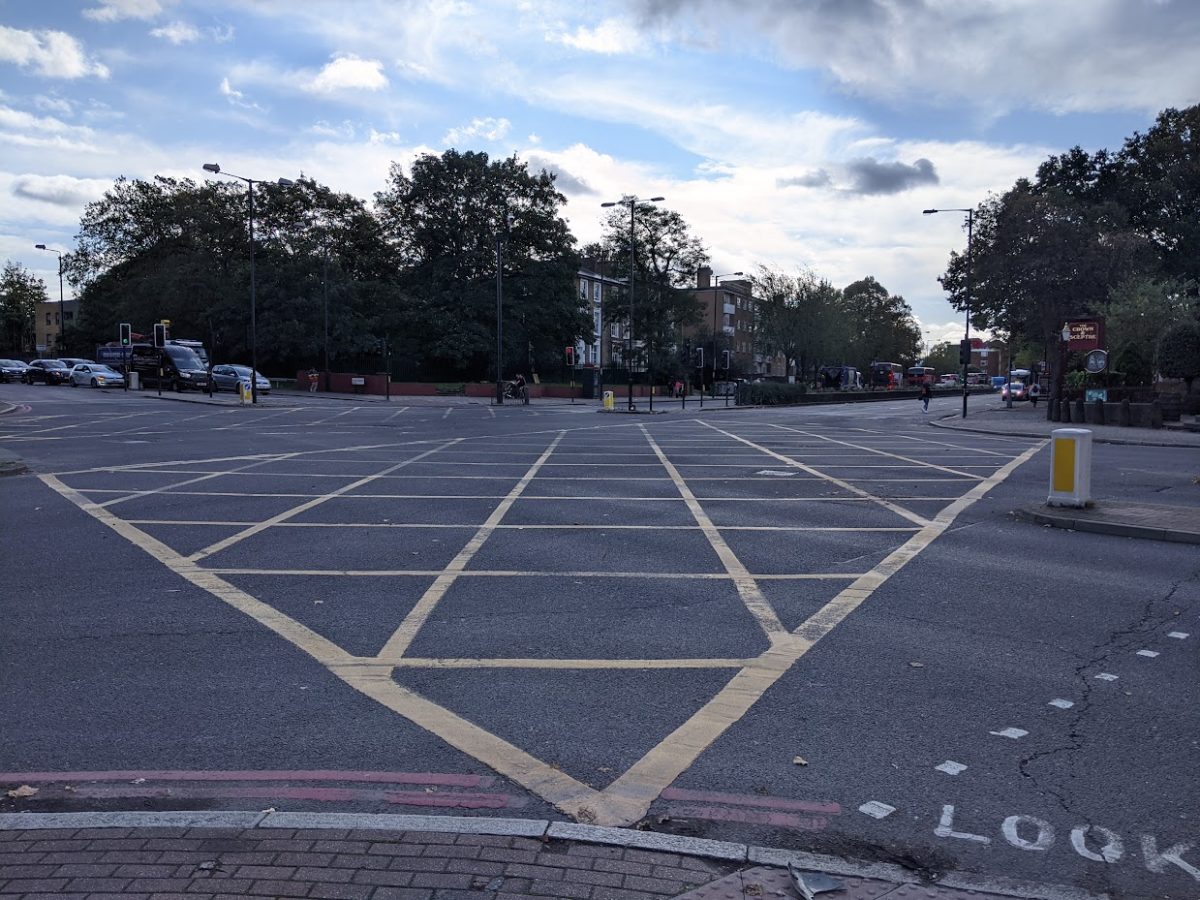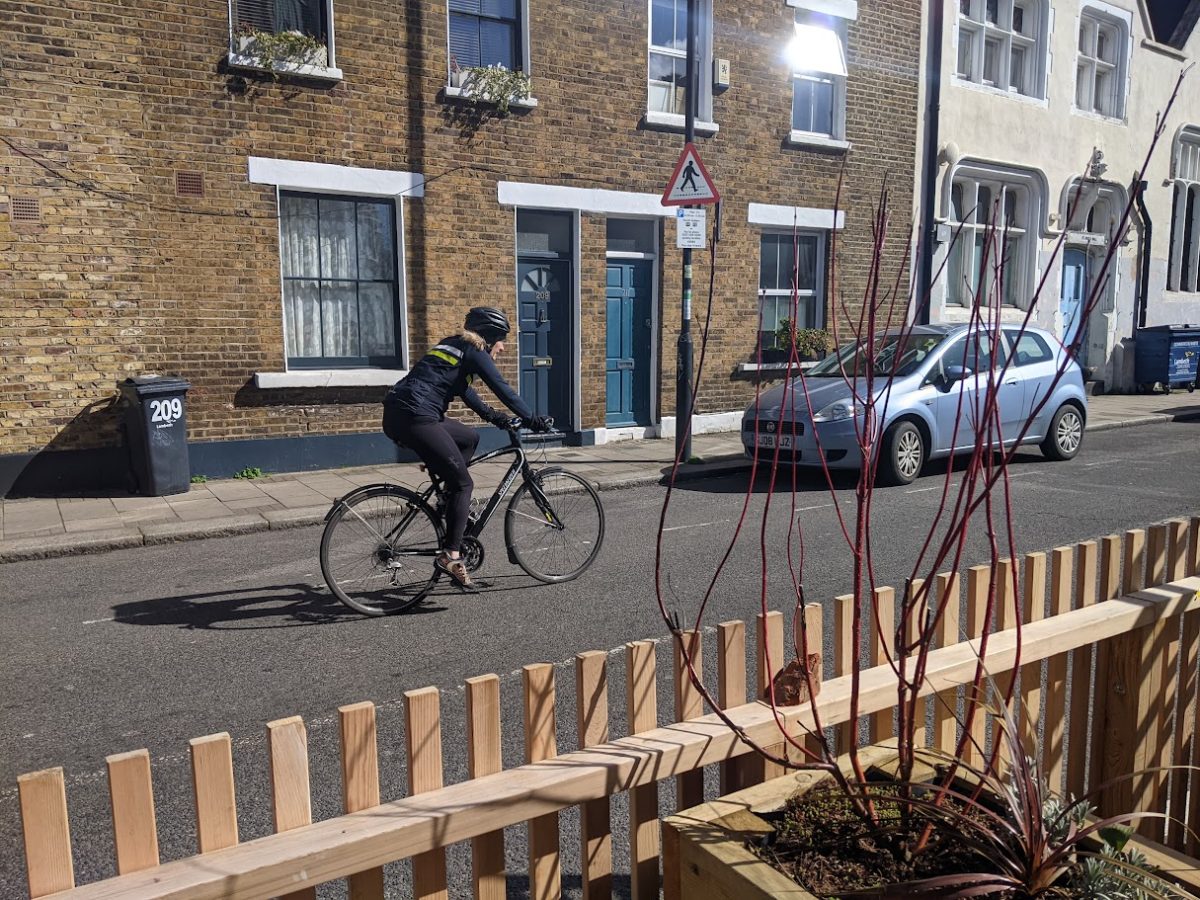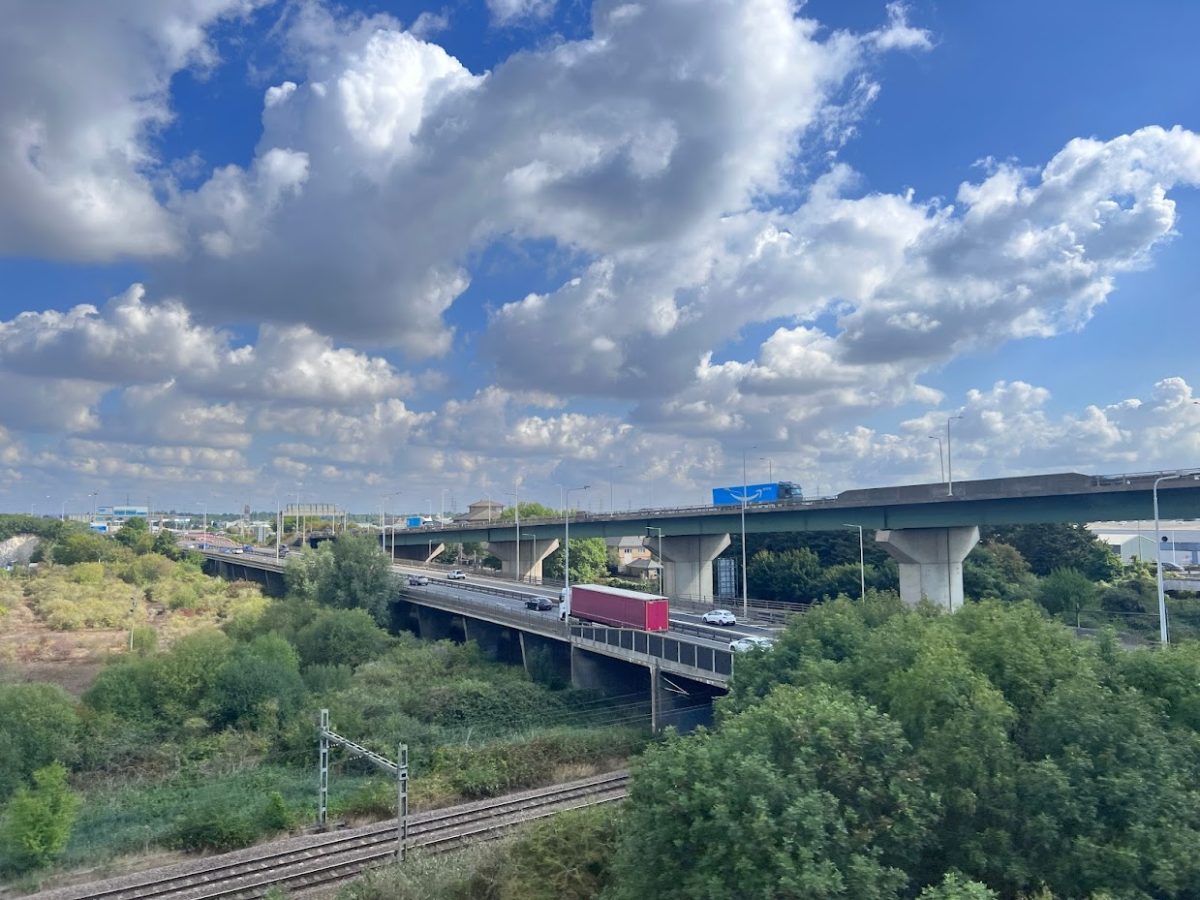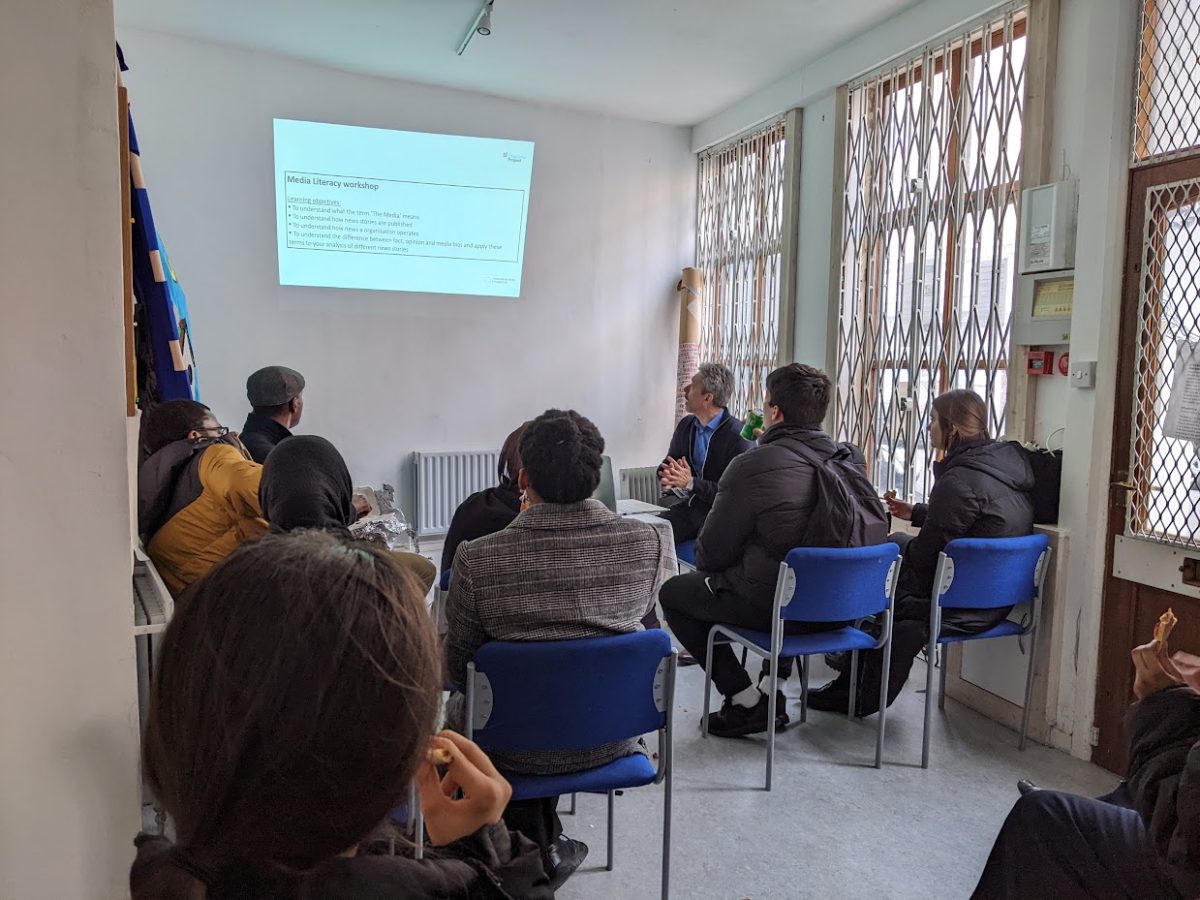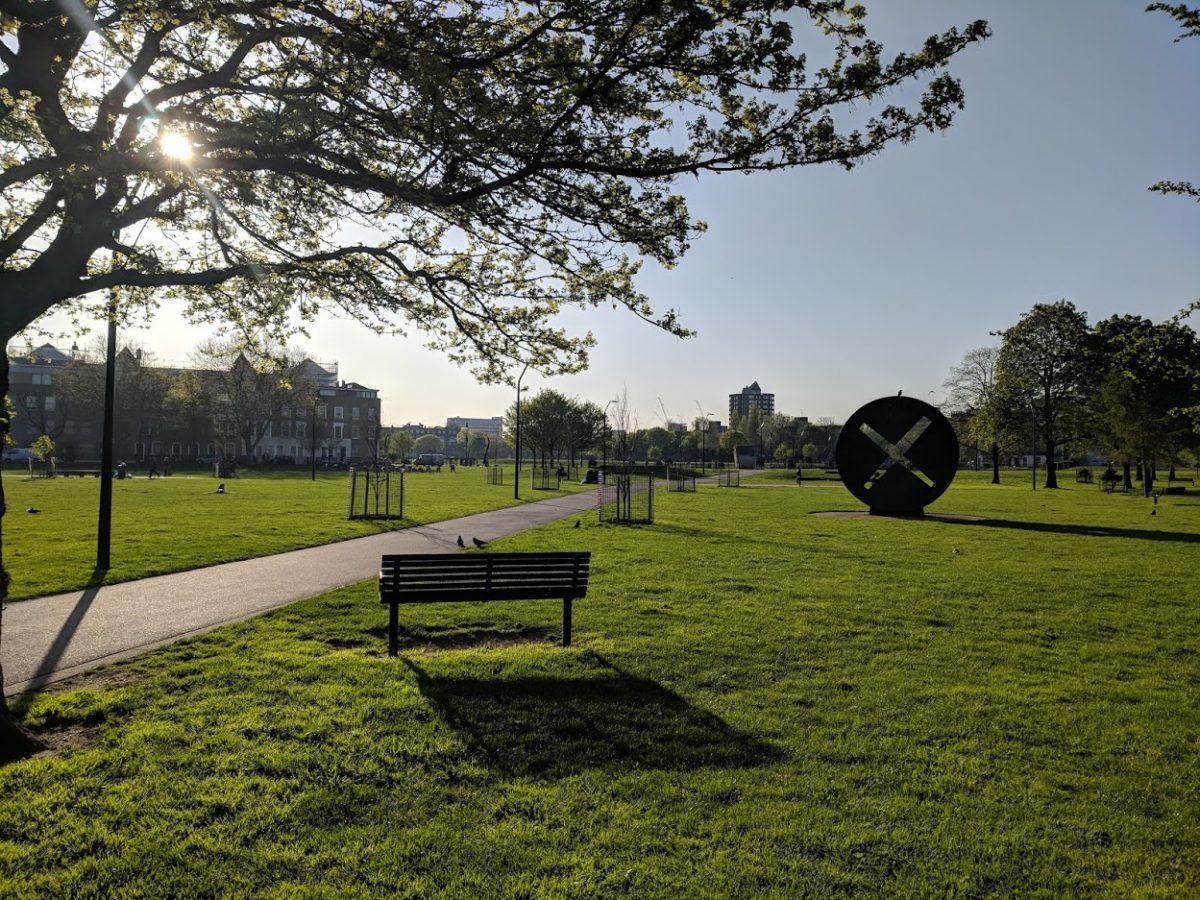Transport Knowledge Wiki is one year old in April 2025. In its first year over 300 publications have been recorded.
The three hundredth publication was Common Kerb Profiles from Wheels for Wellbeing.
The wiki now has publications from 117 organisations and 257 authors.
The earliest publication record is The Death and Life of Great American Cities by Jane Jacobs from 1961.
The most recent publications recorded are Beyond infrastructure: Unpacking the complexity of exclusion and implications for just mobility transitions and Travelling in the margins: Impacts of transport poverty on travel attitudes and behaviours which are digital releases of journal articles with June 2025 publication dates.
Transport Knowledge Wiki is a project to build an easily searchable resource cataloging sustainable transport publications.
The wiki is funded in its first two years by the Foundation for Integrated Transport. There is a GoFundMe for donations to help keep the wiki going indefinitely.
Anyone can contribute to the project by editing the wiki.
As well as the addition of over 300 publication records over the course of the year, the site has benefited from continuous improvement in functionality using the MediaWiki software.
The road map for improvement to the site continues for many years ahead.
